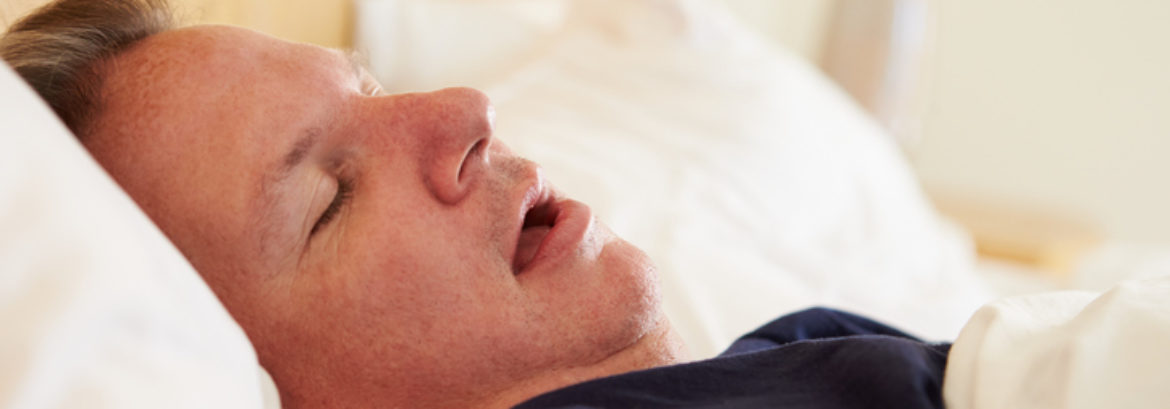As your dentist in Eugene, OR, our team at North Eugene Family Dental wants all of our patients to understand the hidden risks their oral health faces. While patients of Dr. Kirchmeier know that harmful oral bacteria contributes to the development of tooth decay and gum disease, you might not realize that by simply sleeping you can increase your risk of dental decay.
A recent comparison of acidity levels in the mouths of individuals who breathed through their mouths during sleep found they suffered from higher rates of tooth decay and enamel erosion when compared to those breathed through their noses during sleep.
The study was conducted by researchers at the University of Otago in New Zealand and was published in the Journal of Oral Rehabilitation.
A Delicate Balance
During sleep, your mouth produces significantly less saliva, which acts as an important defense mechanism for keeping the mouth from becoming too acidic. Breathing through your mouth during sleep can dry up what little saliva is naturally produced. Early studies suggest that individuals suffering from dry mouth have a higher risk of suffering from dental decay when compared to those who produce a normal amount of saliva.
Increased oral acidity leads to a loss of tooth enamel through erosion and tooth decay and cavities.
As part of this latest study, researchers elected to investigate what happens to acidity levels in the mouth during both open and closed-mouth sleep.
Researchers measured the temperature and pH levels in the mouths of 10 healthy study participants as they alternately slept without and with a nose clip that forced them to mouth breathe during sleep.
Ranging from 0 to 14, pH measures the acidity of a substance. A pH of 7 is neutral, while a pH under 7 is consider acidic and over alkaline.
Acidity Higher For Mouth Breathers
The study participants were fitted with a device that continuously measured the pH and temperature of certain areas inside their mouths. They wore the device for two, 48-hour periods.
To enable them to only breathe through their mouths during sleep, the participants wore nose clips for two nights out of the four the study was conducted. To balance any potential bias from the times they worse the nose clips, five of them wore the clips the first night and the others wore it the second night. They groups then alternated during the next two days as well.
The results of the study found that on average, daytime oral pH was 7.3, and during sleep it was 7.0. The average mouth pH during sleep when breathing through the mouth was 6.6, a number researchers considered statistically significant when compared to the conditions that normally exist during sleep.
While the average pH was at 6.6, pH levels inside the mouths of those breathing through their mouth dropped to 3.6 at times. This is well below the threshold (5.5) for when tooth enamel begins to break down.
If you suffer from snoring or breath through your mouth during sleep, you need to schedule an appointment with your dentist in Eugene, OR, Dr. Kirchmeier. During an oral exam, Dr. Kirchmeier will be able to determine if your teeth are suffering from the effects of erosion. If you suffer from dry mouth, Dr. Kirchmeier may be able to determine the cause of the condition and help provide a solution that will restore saliva flow back to normal.

